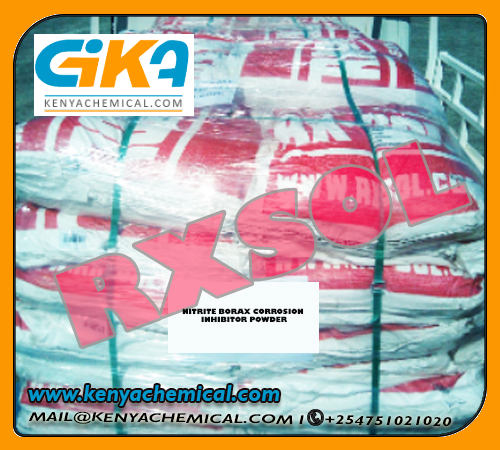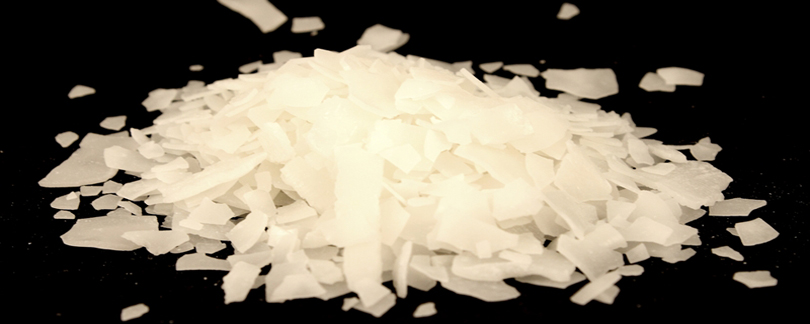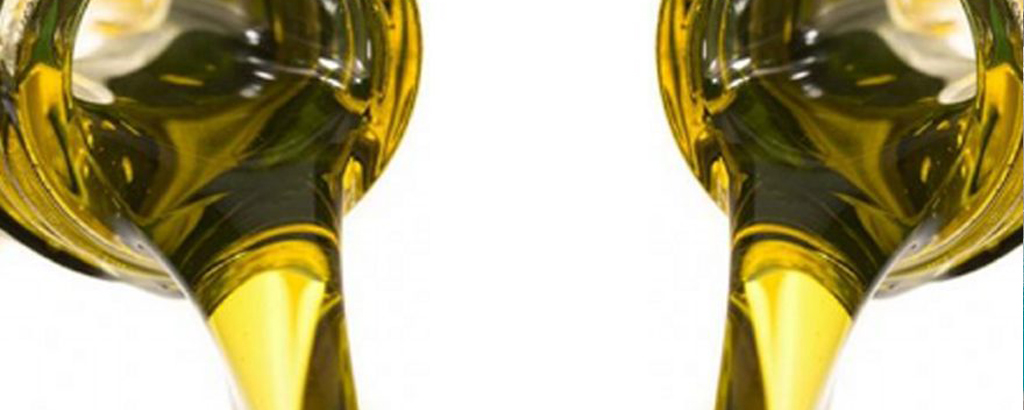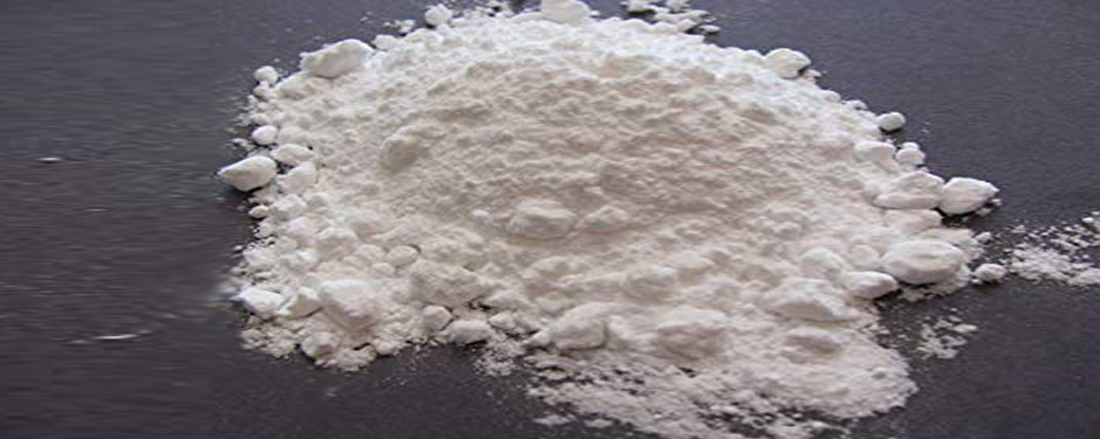BARIUM ACETATE AR
Barium acetate is used as a mordant for printing textile fabrics, for drying paints and varnishes and in lubricating oil. In chemistry, it is used in the preparation of other acetates; and as a catalyst in organic synthesis.
The barium you swallow is artificially flavored and sweetened. However, many people report that it tastes bitter or chalky.
| Odour threshold : | No data available |
| pH : | 7 - 8.5 at 50 g/l at 25 °C |
| Relative evaporation rate (butylacetate=1) : | No data available |
| Melting point : | No data available |
| Freezing point : | No data available |
| Boiling point : | No data available |
| Flash point : | No data available |
| Auto-ignition temperature : | No data available |
| Decomposition temperature : | No data available |
| Flammability (solid, gas) : | No data available |
| Vapour pressure : | No data available |
| Relative vapour density at0 2°C : | No data available |
| Relative density : | No data available |
| Density : | 2.47 g/cm³ Solubility : Water:1 (g/1.5 ml water) |
| Log Pow : | No data available |
| Viscosity, kinematic : | No data available |
| Viscosity, dynamic : | No data available |
| Explosive properties : | No data available |
| Oxidising properties : | No data available |
| Explosive limits : | No data available |
Barium acetate (Ba(C2H3O2)2) is the salt of barium(II) and acetic acid. Barium acetate is toxic to humans, but has use in chemistry and manufacturing.
When heated in air, barium acetate decomposes to the carbonate. It reacts with acids: reaction with sulfuric acid, hydrochloric acid and nitric acid give the sulfate, chloride and nitrate respectively









